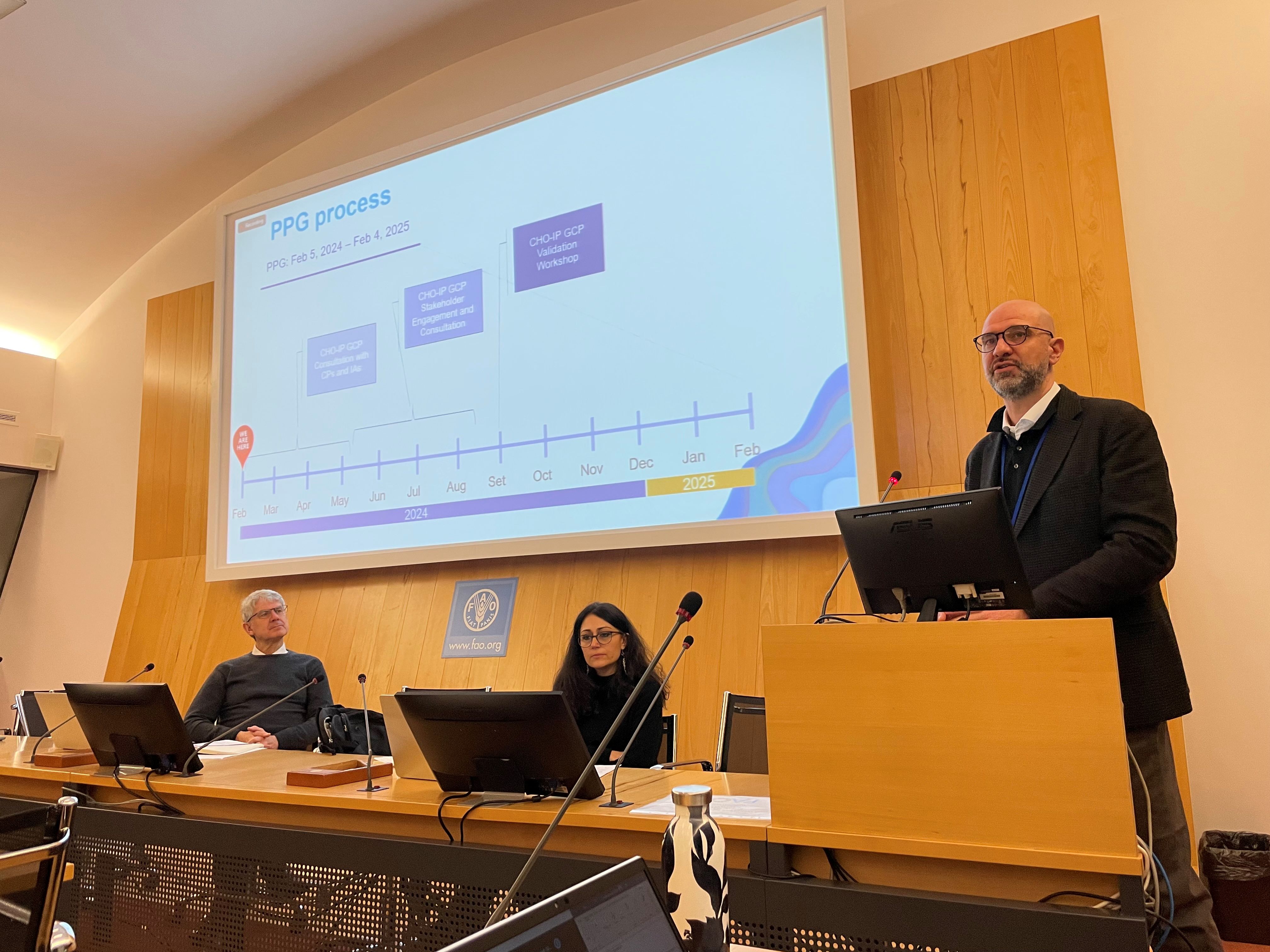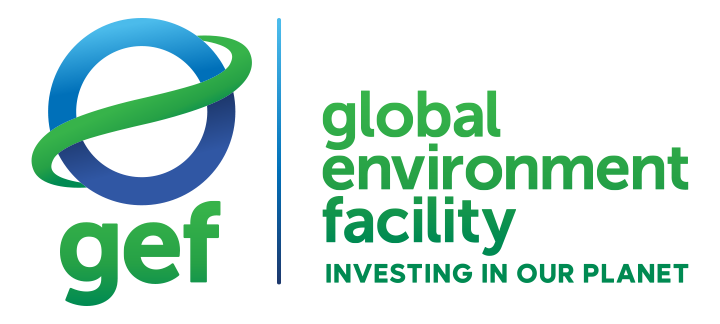Advancing Collaborative Solutions for Ocean Health: Insights from the GEF-8 Clean and Healthy Ocean Integrated Program (CHOIP) Workshop

In February, the GEF-8 Clean and Healthy Ocean Integrated Program (CHOIP) convened the “Project Preparation Grant Design Workshop” at FAO Headquarters in Rome, bringing together key stakeholders from FAO, the Global Environment Facility (GEF), the Asian Development Bank (ADB), the Development Bank of Latin America (CAF), the European Bank for Reconstruction and Development (EBRD), the Global Water Partnership (GWP) and UNESCO/IOC to agree on a unified approach to combat coastal pollution and hypoxia stemming from various sources, including agriculture, industry, and municipalities. With over 500 identified dead zones in the ocean globally caused by low or depleted oxygen levels, covering an area roughly equivalent to the European Union, urgent and collective action is imperative.
The workshop laid the groundwork for program implementation through the Global Coordination Platform (GCP) and 14 country-specific projects. Mr. Andrew Hume from the GEF IW Secretariat emphasized the need for enhanced coordination and policy focus. “Strengthening multi-stakeholder dialogues, introducing new financial tools and products, and promoting action on global and regional commitments, science to policy platforms, knowledge management, innovation technology and development are crucial components. Country projects should prioritize making policy and regulatory changes, investing in innovation, using domestic financing, and supporting nature-based solutions to increase their impact effectively”, Mr Hume said.
Nutrient input, freshwater, sediments, and organic carbon contribute to hypoxia and climate change exacerbates this phenomenon. Hypoxia profoundly impacts biodiversity, food webs, and commercially important species, necessitating urgent action. Ms. Kristen Isensee from UNESCO-IOC highlighted the significance of the Global Ocean Oxygen Decade (GOOD) platform that can support country projects by offering capacity development, data management, and community engagement to combat this environmental challenge.

Mr. Lorenzo Galbiati from FAO's GEF Unit stressed the complexity of tackling marine hypoxia and coastal pollution but expressed confidence in CHOIP's potential to manage the issues effectively. “The program needs to generate a collective impact greater than its individual components, proposing solutions such as providing services to country projects, supporting GEF objectives, contributing to science and policymaking, and enhancing public outreach.” Galbiati underscored the importance of programmatic coordination, urging country projects to share knowledge, resources, and efforts for maximum effectiveness.
Strategic partnerships and innovative financing mechanisms are vital in addressing marine conservation challenges. Development banks, ADB, CAF, and EBRD showcased their commitments to sustainable blue economy initiatives and pollution reduction efforts. ADB's Action Plan for a Healthy Ocean and Sustainable Blue Economy, CAF's investments in blue activities, and EBRD's focus on nature and biodiversity protection align with CHO-IP's objectives, emphasizing cross-border cooperation and sustainable practices.
Mr. Dimitris Faloutsos from the Global Water Partnership (GWP) underlined that GWP can contribute to CHOIP by supporting management, adoption of appropriate technologies, and investments to address hypoxia and nutrient pollution, citing successful initiatives in Albania, Lebanon, Morocco, and Tunisia as models for replication and upscaling.
The workshop also featured presentations of country-specific projects aimed at tackling coastal pollution and hypoxia through integrated strategies and innovative solutions. Projects focused on watershed management, waste management, nitrogen management, and coastal pollution reduction, highlighting the importance of interdisciplinary approaches, stakeholder engagement and innovative solutions tailored to regional challenges.
Mr. Hernan Gonzalez from FAO's GEF Unit recognized challenges shared by GEF-8 Integrated Programs, particularly regarding geographic distribution, data harmonization, and governance, and underscored the importance of robust coordination and stakeholder engagement for the successful implementation of the program. Ms. Konstantina Toli from IW:LEARN presented insights on enhancing knowledge exchange within the International Waters (IW) portfolio, focusing on three pillars - knowledge management and communication, capacity development, and networking/partnership building.
A crucial aspect of the workshop involved addressing feedback from the GEF Strategic Technical Advisory Panel (STAP), GEF Council, and Switzerland, focusing on key areas such as knowledge management, gender equality, and strategic communication. STAP emphasized the need for a robust plan to translate knowledge into actionable behavioural change and to tackle issues of unwillingness, lack of incentives, and enforcement.
In response, the CHOIP is mobilizing efforts to integrate knowledge management strategies, establish clear gender equality frameworks, and develop robust communication plans. Leveraging existing mechanisms and engaging with private sector entities are top priorities to ensure impactful outcomes.
Moreover, the initiative recognizes the importance of aligning with existing GEF investments, building partnerships, and ensuring inclusivity across all interventions. This includes addressing direct impacts in regions and countries, incorporating lessons learned from past experiences, and developing a cohesive approach to gender mainstreaming. Furthermore, the initiative embraces an integrated monitoring and evaluation framework to track progress effectively and synthesize findings for future interventions.
As the CHOIP progresses, it is poised to become an example of collaboration and innovation in the fight against coastal pollution and hypoxia. By addressing challenges head-on and fostering strong partnerships, the initiative paves the way for a cleaner and more sustainable coastal environment for future generations.
Learn more about CHOIP here.

